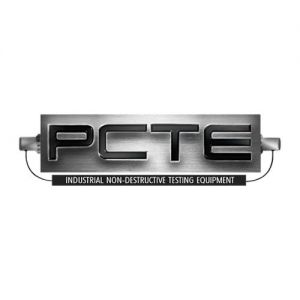Ultrasonic Thickness Gauge - Guide for BeginnersPosted by PCTE Industrial on March 19th, 2021 Ultrasonic thickness gaging is referred to as a non-destructive testing technique used in measuring the thickness of a material. An ultrasonic thickness gauge is fast, reliable, and versatile that only requires one side of the sample to measure its overall thickness. The first-ever ultrasonic thickness gauge was introduced in the year 1940s. This device is small and portable, and one can optimize it for a wide variety of test applications. The ultrasonic thickness gauge has undergone many changes in terms of its construction, technology, and ease of application. What could be measured using an ultrasonic thickness gauge? Any common engineering material could be measured ultrasonically. This instrument could be set up for materials such as plastics, metals, composites, ceramics, fiberglass, and glass. In some cases, liquid levels and biological samples could also be measured using this instrument. Measuring the thickness using this device doesn't include destruction, cutting, or even sectioning of a material. The use of ultrasonic thickness gauge is very hassle-free and non-destructive. It is essential to mention that one cannot measure the thickness of the substances or materials such as foam, wood, paper, and concrete using an ultrasonic thickness gauge. Different types of ultrasonic thickness gauges: One would come across two different types of ultrasonic thickness gauge, namely, corrosion gauge and a precision gauge. The former is all about measuring the wall thickness of the materials and substances such as pressure vessels, metal pipes, tanks, structural parts, etc., that are usually prone to internal corrosion and couldn't be seen from the outside. Precision gauges could be termed as single element transducers and are generally recommended for all the remaining applications such as the measurement of smooth metals and materials like composites, fiberglass, plastic, ceramics, rubber, etc. Compared to the former, precision gauges are more prevalent in their use, owing to their versatility. An ultrasonic thickness gauge is an important device used by most engineers in their projects and operations. You may as well explore and buy a good-quality device from trusted supplier.
About the author PCTE Industrial is a specialist in the sale and hire of industrial non-destructive testing (NDT) equipment. PCTE INDT is a branch of PCTE, who has been serving in the NDT industry since 2008.We offer a range of INDT equipment that covers the bread and butter applications but also adds some exciting Like it? Share it!More by this author |


